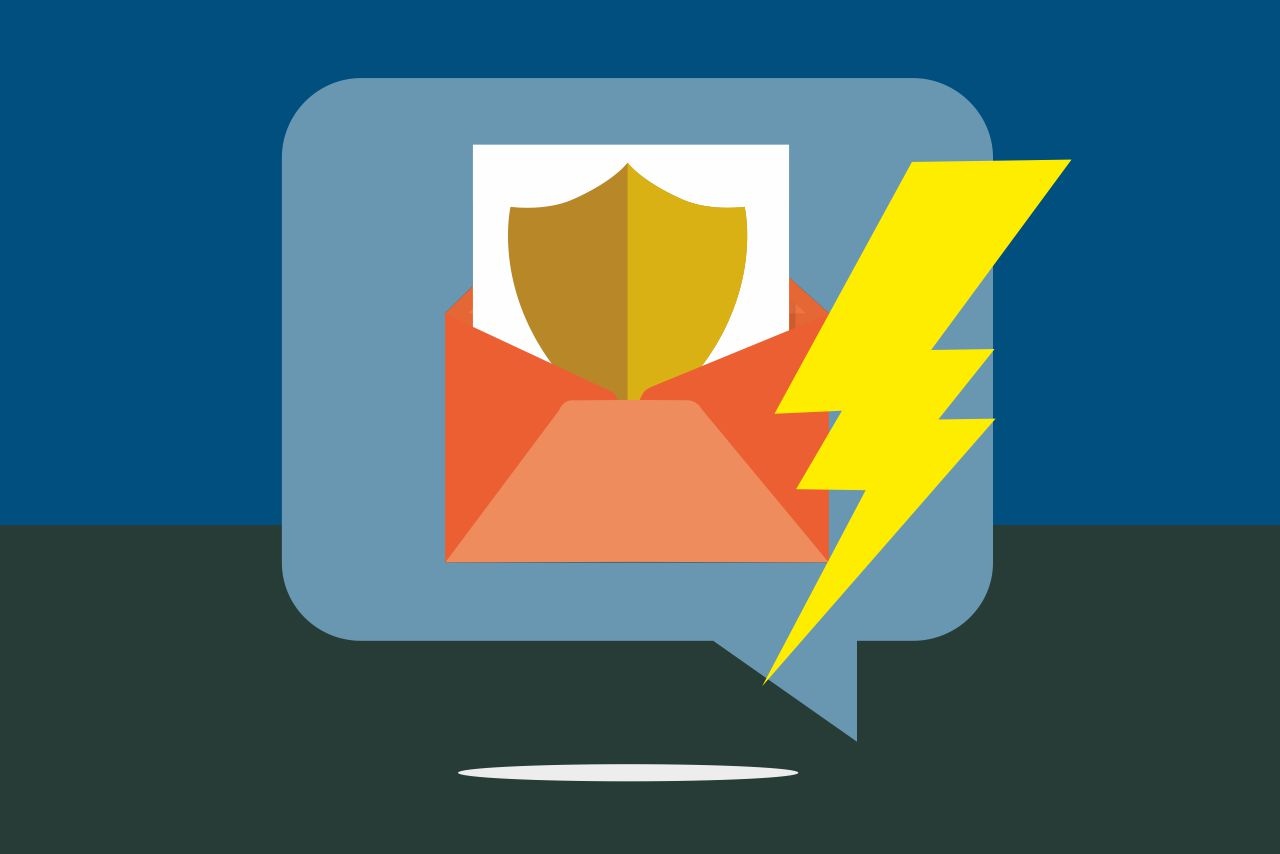 Parts of the world have experienced particularly savage wildfire seasons this year. Most recently, dozens of fires burned their way through large parts of California and Oregon. At the beginning of 2020, Australia experienced its worst-ever bushfire season with blazes in several states.
Parts of the world have experienced particularly savage wildfire seasons this year. Most recently, dozens of fires burned their way through large parts of California and Oregon. At the beginning of 2020, Australia experienced its worst-ever bushfire season with blazes in several states.
Businesses affected by wildfire have both immediate and ongoing problems associated with the fires, and being prepared for such a scenario is essential.
Of course, the USA and Australia aren’t the only parts of the world where this can happen. Other fire-prone areas include Canada, parts of Europe, South America, and Africa. More and more areas could become fire-prone in the future as a result of climate change.
While wildfires don’t always affect major cities, they can affect employees working in the field or at regional outposts. This could be private companies, not-for-profit organizations, or government entities. If you have employees located in a fire-prone area, it's crucial you have an effective internal communication system and processes in place as part of your wildfire response, so you quickly provide advice to keep them safe as well as keeping your business operating, if possible.
Common problems companies face with employee comms in wildfire season
Fires can unexpectedly affect communities. What can start off as a calm, peaceful day can end in tragedy with lots of forest burnt, homes and businesses destroyed, and lives lost. Other times, fires can rage out of control for weeks on end, and businesses in the path of the fire have some lead time to prepare.
But both of these scenarios can still result in a range of problems being experienced when it comes to internal communication.
This can include:
- A complete lack of communication on the subject between management and staff.
- Vague instructions about what to do when a fire is affecting the company.
- Staff being sent conflicting or outdated information because of the time lag between the approvals process and the reality of how quickly a wildfire moves
- Employees in different locations are getting information that isn’t intended for them.
- Inadequate communications channels and outdated technology - people don’t read emails or regularly check the intranet.
- The inability to communicate with employees out of hours if an emergency develops on the weekend or evenings.
- Official government emergency warning apps don’t always reach everyone and often rely on employees choosing to install it on their phones.
- Employees or managers are not having a good understanding of what to do in the event of a wildfire, particularly if they’ve never experienced it before.
- The need for ongoing communication in the aftermath of a wildfire.
- Failing to provide adequate wildfire employee support to staff who have lost homes, vehicles, or family members in a wildfire.
How to improve wildfire communication in your organization
Don’t leave it until the last minute to determine how you will communicate with employees during the wildfire season. If a fire is about to affect your employees and that’s the first time management has considered communicating, it is too late!
Being proactive well ahead of time will help to keep your people in the loop when you do find yourself having to enact a wildfire management plan.
1. Have a wildfire communication strategy
As with all important communications, having a strategy in place can help guide you through what to do when it is needed, and there is little time to work out what to do.
Your strategy should include what sorts of messages you will send employees, what you may have to say, what channels (including alert systems) you will use when you send them, how you will send them, how often you will send them and who will send them.
Make sure that all your communications are clear, concise, and contain credible information from a reliable source.
2. Let employees know there is a wildfire action plan
If you have employees who work in a fire-prone area, it is particularly important that they know about any wildfire management plan that you have in place. Communicate the plan regularly, particularly in the lead up to wildfire season. Let them know what types of measures may need to be enacted as part of your wildfire response, and how they will find out about them when the time comes. Running scenarios and drills can help to familiarize your people with these measures.
Download 10 free message template for communicating with your employees during emergencies.

3. Don’t rely on a single communications channel
The best way to ensure effective wildfire communication with your employees is to use multiple channels of communication to be sure that you can reach everyone, and the messages you send will be seen, and that employees will take the appropriate actions you require of them. This can include SMS messages, mobile app push notifications, pop-up desktop alerts, posting messages on your corporate social networks, a wildfire alert system, using loudspeakers, and more.
>> Read the article about notification system comparison <<
4. Make sure you can reach employees all the time
Sometimes emergency situations can evolve outside of regular business hours. Your place of business could be affected over a weekend when nobody is there, but it will be too dangerous or otherwise pointless for employees to show up on Monday morning. Other times a fire may have changed direction and is due to affect a particular community within a certain time frame - in these situations, you need to be able to reach your employees and instruct them not to attend the workplace and whether or not they should work from home.
You need an emergency notification system for business that will let you send SMS messages and mobile app alerts to reach employees in urgent situations outside of hours.
5. Send to custom audiences only
In large organizations where there are offices in multiple locations, only part of your workforce may be affected by an active wildfire. Sending messages to custom audiences, based on geographic location, will avoid causing panic and confusion for staff who aren’t in danger - and also reduces the number of irrelevant messages all staff may receive.
If you have employees who work in the field away from the main office, you may need to send them urgent wildfire communication if they are in an area that is going to be impacted by a fire that may not necessarily affect the rest of the workforce. Having an app that can send to individuals as well as groups of staff will help.
6. Keep communicating when the fire is over
Wildfire recovery can come in many guises. Whether you have to physically rebuild assets, overcome power outages, provide assistance to employees who have lost property or loved ones, or plan for long-term issues operating in a fire devastated community, it’s important that you keep employees informed at all stages of the journey. Keep sending alerts through your systems as new information becomes available, and milestones are reached.
***
Wildfires are a tragic and devastating event - but you can reduce feelings of anxiety, fear, and anger if you communicate properly with your employees both by using alert systems and other channels - and you can also help to keep them safe and save their lives.
 Caroline Duncan
Caroline Duncan
 Parts of the world have experienced particularly savage wildfire seasons this year. Most recently, dozens of fires burned their way through large parts of California and Oregon. At the beginning of 2020, Australia experienced its worst-ever bushfire season with blazes in several states.
Parts of the world have experienced particularly savage wildfire seasons this year. Most recently, dozens of fires burned their way through large parts of California and Oregon. At the beginning of 2020, Australia experienced its worst-ever bushfire season with blazes in several states. 






